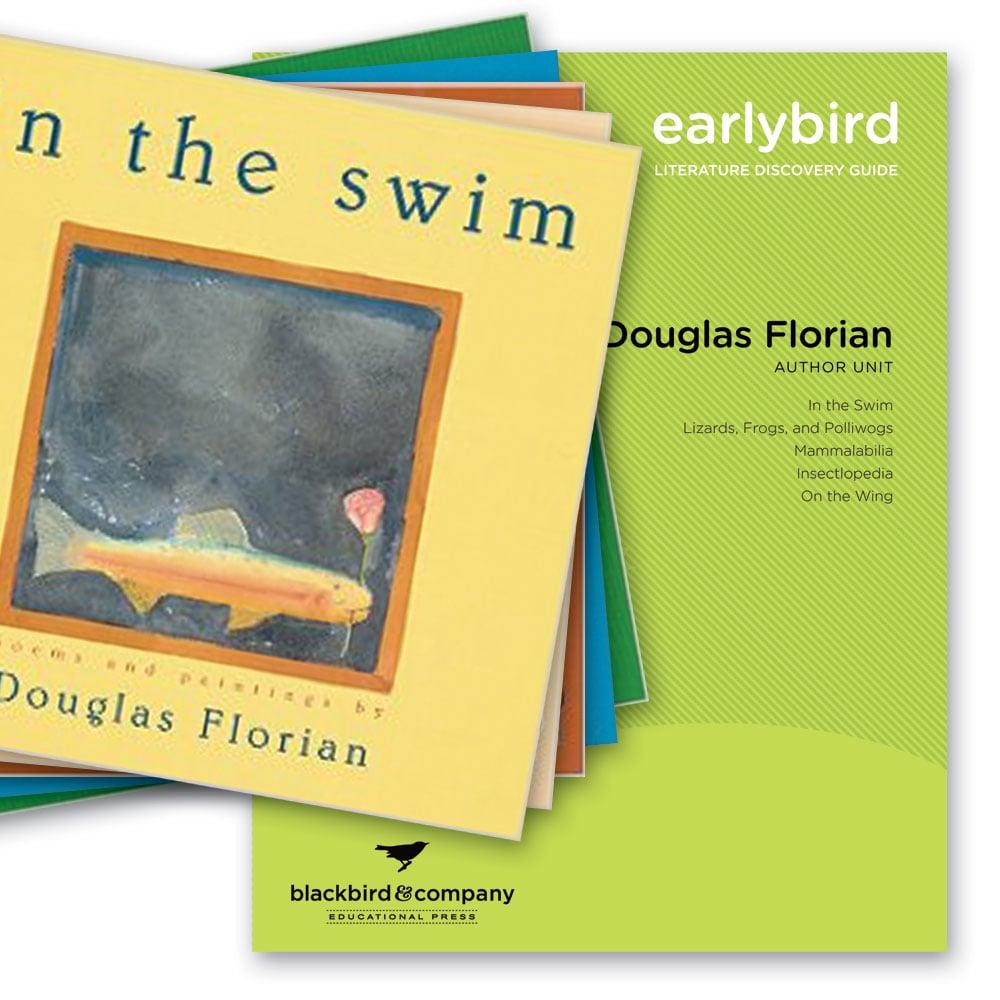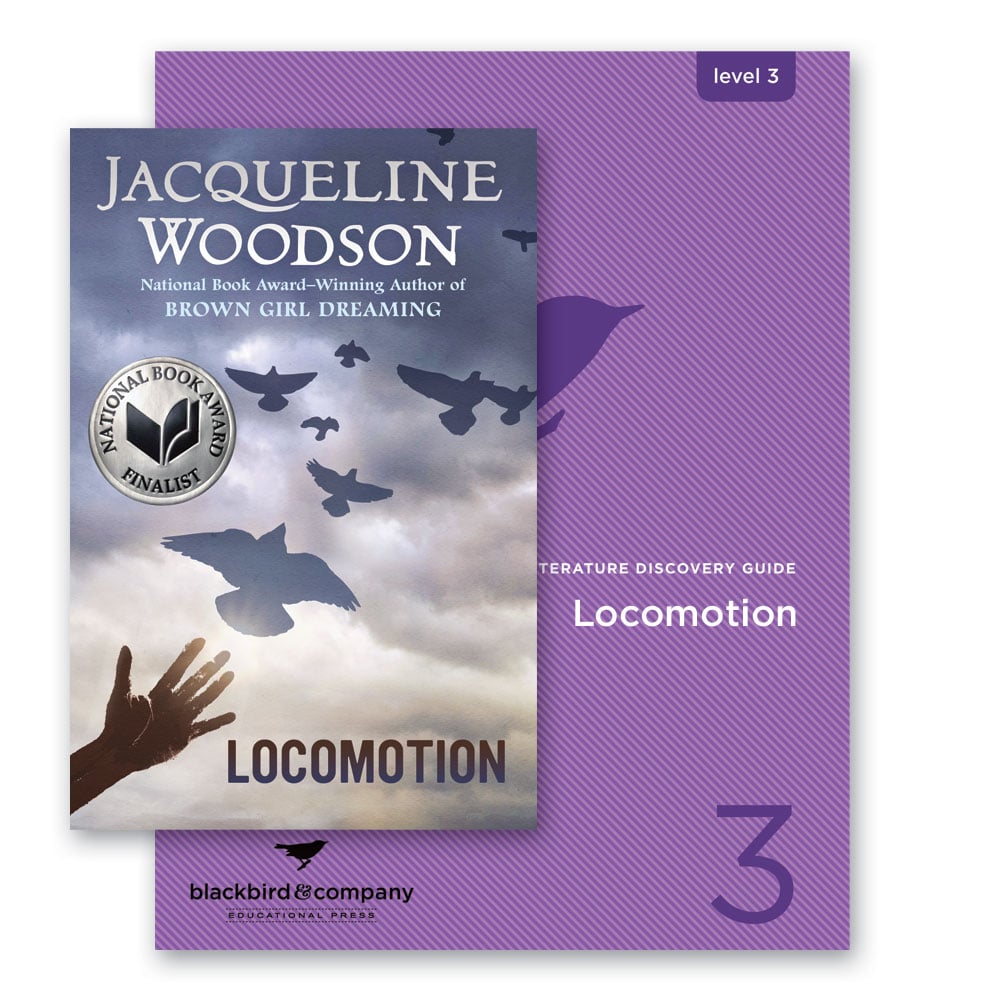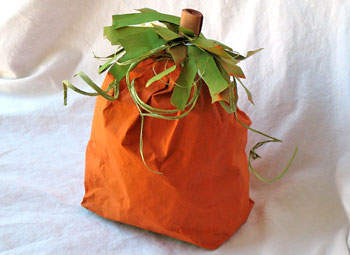It’s apple picking time! Apples are quintessentially fall. Following are three ideas with apples to help you “switch it up” with activities to enjoy those fall feelings…
One.
Listen to an apple story (this one was a favorite in our house).
Another favorite is How to Make an Apple Pie and See the World by Marjorie Priceman.
Read an apple poem:
A Drop Fell on the Apple Tree (794) by Emily Dickinson
A Drop fell on the Apple Tree —
Another – on the Roof —
A Half a Dozen kissed the Eaves —
And made the Gables laugh —
A few went out to help the Brook
That went to help the Sea —
Myself Conjectured were they Pearls —
What Necklaces could be —
The Dust replaced, in Hoisted Roads —
The Birds jocoser sung —
The Sunshine threw his Hat away —
The Bushes – spangles flung —
The Breezes brought dejected Lutes —
And bathed them in the Glee —
The Orient showed a single Flag,
And signed the fête away —
Two.
Paint some apples. This painting is a “study” (a copycat!). Pick up a canvas, some brushes, and a few tubes of acrylic paint. Before you begin, do some research. Do you know Paul Cézanne? Listen to a story about his apple paintings. Now study the apple painting by Paul Cézanne that inspired the copycat above! The first step of a painting is to prepare the canvas. Create a light brown to wash all over the canvas. This will dry quickly and once it does, use a pencil to sketch the apples—four on the top, and six on the bottom. Notice how each apple has a beautiful organic shape? There are zero perfect circles here! The next step is to add your big brush strokes of color—red and yellow and green. Can you mimic the colors? Here’s a hint: never paint straight out of a tube. To get a Cézanne red, you must mix a tiny drop of green into a quarter-sized blob of the red. To get a Cézanne yellow, you must mix a tiny drop of purple into a quarter-sized blob of the yellow. To get a Cézanne green, you must mix a tiny drop of red into a quarter-sized blob of the green. Mixing with complimentary colors (colors opposite each other on the color wheel) make beautiful complex hues! Practice mixing colors until you have colors that are similar to Cézanne. The dark blue-black outline work is the very last step.
Three.

Draw an apple and write an apple poem! Following are two photographs to inspire a small poem. Fall is the time of year when we enjoy back-to-school. The leaves are changing and there may even be a scrumptious apple pie baking in the oven! Fall is the perfect season to write our ideas! What better way to capture a wonderful fall feeling than to craft a haiku for a change in season!


~Kimberly



 Try Douglas Florian.
Try Douglas Florian.

 Try Exploring Poetry.
Try Exploring Poetry.